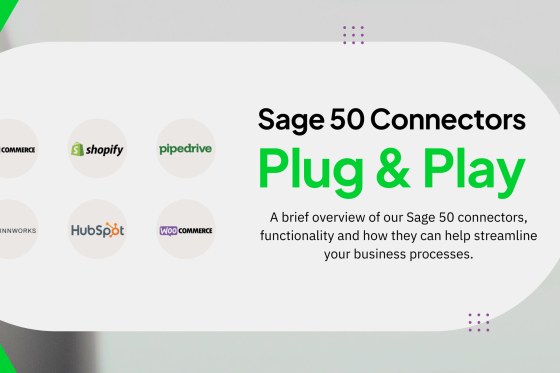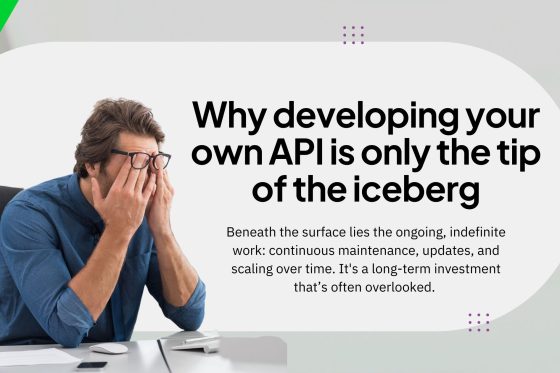
Staff Spotlight: Nick – Lead Software Developer
View post →
Sage 50 Plug-and-Play Connectors
View post →
Staff Spotlight: Rameen Software Apprentice
View post →
Staff Spotlight: Craig Senior AM
View post →
AI Hype Vs Reality
View post →
Staff Spotlight: MD Steven Smith
View post →
What Is an API?
View post →
5 Reasons to Use Our Sage 50 API
View post →
Building Your Own API – The Real Challenge
View post →
Is Sage 50 Stuck In The Past?
View post →
Unexpected Sage 50 API Wins
View post →
